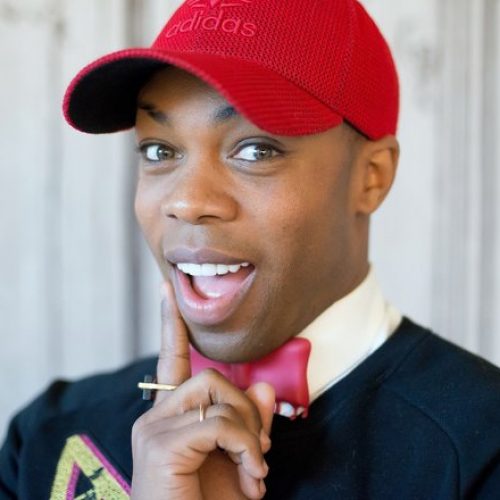About Cain and Abel (A KDian’s Perspective)
Dear Pink Panther
I hope this email finds you well.
Just wanted to contribute to the conversation surrounding your recent blog entry on Cain and Abel.
Personally, I think that there is a lot of wisdom to find in the scriptures, but not necessarily the way we have always been taught.
I also learned this story at school long ago, but reading your post, I was reminded of a crucial detail, their respective trades, and my first thought was: “Is that maybe the first account of violent conflict between crop farmers and herdsmen, an issue still so topical in Africa?”
Devout people, especially Africans, tend to believe the Bible is always right, not only in the sense that everything happened exactly as it was described in the scriptures, but also in the sense that its protagonists were always the good ones, and their opponents naturally in the wrong.
An important role of any religion was (is) to provide a foundation and legitimacy for the claims of the people practising it. As I can recall, the early Israelites or Hebrews since Abraham were rather semi-nomadic livestock keepers and not sedentary farmers working on their fields, so of course, in their very own story on the origins of men, the roles were attributed accordingly and the original crop farmer became the bad guy.
I know this feeling all too well, reading the Bible and getting really angry about what I read. There are many more passages like this. Just remind yourself that this is only the belief of one small nation which wasn’t even very advanced in their time. The sad thing is only that it became universal and still directs many people’s thinking and acting today. And yes, the God of the Old Testament is not the loving, all-forgiving father – that concept comes only much later in the gospel. The God of the Old Testament is one of wrath and discord.
For myself, I have come to the conclusion that the three monotheistic religions are not the best when it comes to ensure a sustainable and fair relationship between man and whatever surrounds him, both other humans and nature. At the same time, I don’t see myself becoming a “neo-paganist” and turning to some ancient divinities, as I think that too much of their traditions have been forgotten for it to be possible for any worship to be authentic. However, I claim the right to disapprove and reject Christian and Biblical ideas that are clearly evil and detrimental to peaceful coexistence.
By the way, from time to time, an old tale from the Bible is re-interpreted to again provide legitimacy in a different context. That is why someone had to come up with this “rotten fruit” idea; otherwise, Bible-quoting, tongue-speaking prayer warriors would have to accept that the Lord has a preference for Muslim Fulani herdsmen.
And what this story does indeed tell us is that parents don’t always do their children justice. You are now living in the second year after the passing of your father, and being reminded of unfair behaviour towards you triggers a very particular pain and sensitivity. Then there can also be moments when you feel bad about still being angry with him. You would prefer to have only good memories of him but it’s not possible. I guess this is part of the relationship between parents and children and can’t be avoided.
Best regards,
Max.
About author
You might also like
PETER OBI, THE PRESIDENTIAL CANDIDACY AND QUEER RIGHTS
We are back in election season and this might just be the most paramount election this country will experience in recent times. Everyone was perturbed about the candidates from the
Todrick Hall Tells A Brilliantly Uncomfortable Story With ‘Forbidden’
Before I start this review, I just want to put two things out there. Firstly, I don’t review albums professionally. Hell, I think this is the first album review I
Opinion: So About Dwight Howard And His Accuser
I have a lot of unsettling feelings over the story surrounding Masin Elijè’s claims that a secret intimate relationship with NBA star Dwight Howard ultimately led to Elijè facing imminent










1 Comment
Lyon
June 11, 17:33Hey Max,
Please, do you mind reaching out to me on lorenzomario9@gmail.com? I would like us to talk.
Thank you.
P.S.: I’ll be waiting in joyful hope for your email.